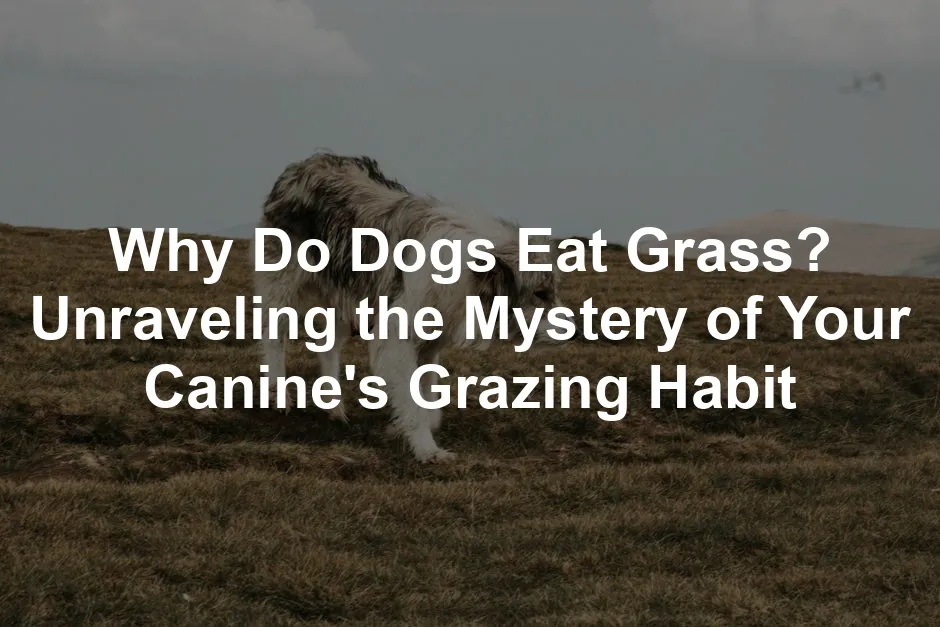Introduction
Dogs and grass: a classic, yet perplexing duo. If you’ve ever caught your beloved canine munching on your lawn, you might have wondered, “Is my dog trying to tell me something?” While it may seem odd to see a creature more akin to a wolf nibbling on blades of grass, this behavior is surprisingly common. From the curious puppy to the seasoned pooch, many dogs indulge in this green snack at some point in their lives. The reasons behind this habit are as varied as the dogs themselves—ranging from nutritional needs to sheer boredom.
Research shows that a significant number of dogs consume grass regularly. Some dog owners might panic, thinking their furball is unwell, especially if they follow up their grazing with a good ol’ vomit session. Yet, studies indicate that only a small percentage of dogs who munch on grass show signs of illness beforehand. So, is it a sign of distress or just a quirky habit?
In this comprehensive guide, we’ll explore the intriguing reasons why dogs eat grass, the potential risks involved, and what you can do to manage this behavior. Spoiler alert: it’s not always about an upset stomach! From instinctual drives to dietary needs, buckle up as we unravel the mystery of your canine’s grazing habit. So, whether you’re a new dog owner or a seasoned pro, grab a cup of coffee and let’s dig into the grassy conundrum!
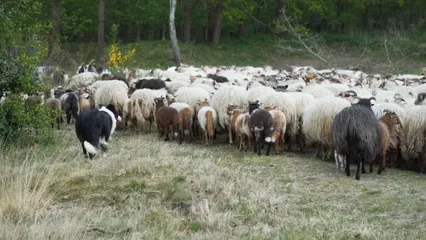
Summary
Understanding why dogs eat grass is essential for any dog owner. This behavior can stem from a variety of reasons, including instinctual drives, dietary needs, and psychological factors. In fact, research indicates that a significant percentage of dogs engage in this behavior at least occasionally, with many owners reporting that their pets do not show signs of illness prior to grazing.
Some dogs may eat grass to supplement their diet with fiber, especially if their food is lacking in this essential nutrient. Others might simply enjoy the taste and texture of grass. While a portion of the canine population might munch on grass to induce vomiting or soothe an upset stomach, studies reveal that only a small fraction actually vomit afterward.
If you suspect your pup needs a fiber boost, consider switching to high-fiber dog food. A diet rich in fiber can keep your dog’s digestive system happy and help reduce those grass cravings!
Boredom is another culprit. Dogs left alone for long periods may resort to eating grass out of boredom or attention-seeking behavior. Additionally, dogs’ ancestors consumed a varied diet that included plants, which could explain why modern dogs retain this instinct.
However, while occasional grass eating is generally harmless, it’s important to be cautious about potential risks, such as ingestion of pesticides or gastrointestinal blockage. If your dog exhibits excessive grass eating or other concerning symptoms, consulting a veterinarian is always a wise course of action. After all, keeping your furry friend healthy and happy tops the list of priorities!
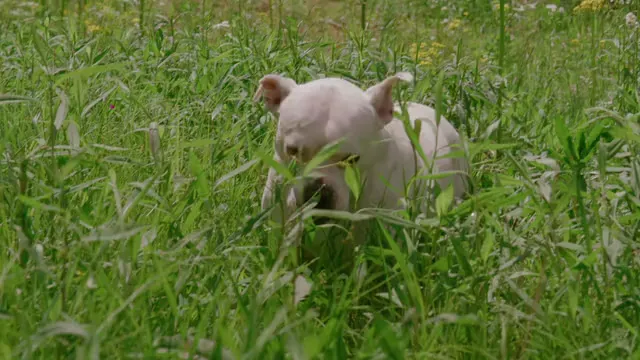
Reasons Why Dogs Eat Grass
Dietary Needs
Some dogs may eat grass to supplement their diet with fiber. If your pup’s food lacks this essential nutrient, they might turn to the green stuff. Just like us, dogs benefit from roughage. Fiber aids digestion and keeps things moving smoothly in their tummies. If your dog’s diet is low in fiber, they may munch on grass to fulfill this need. Consider a high-fiber dog food if you notice this behavior often. Your dog’s digestive system will thank you!
To keep your dog’s coat shiny and healthy, a good grooming routine is essential. If you’re looking for the perfect tools, check out this Dog Grooming Kit. It’s a must-have for maintaining that fabulous fur and keeping shedding at bay!
To learn more about how to effectively address your dog’s dietary needs, check out this article on effective positive reinforcement techniques for stubborn dogs.
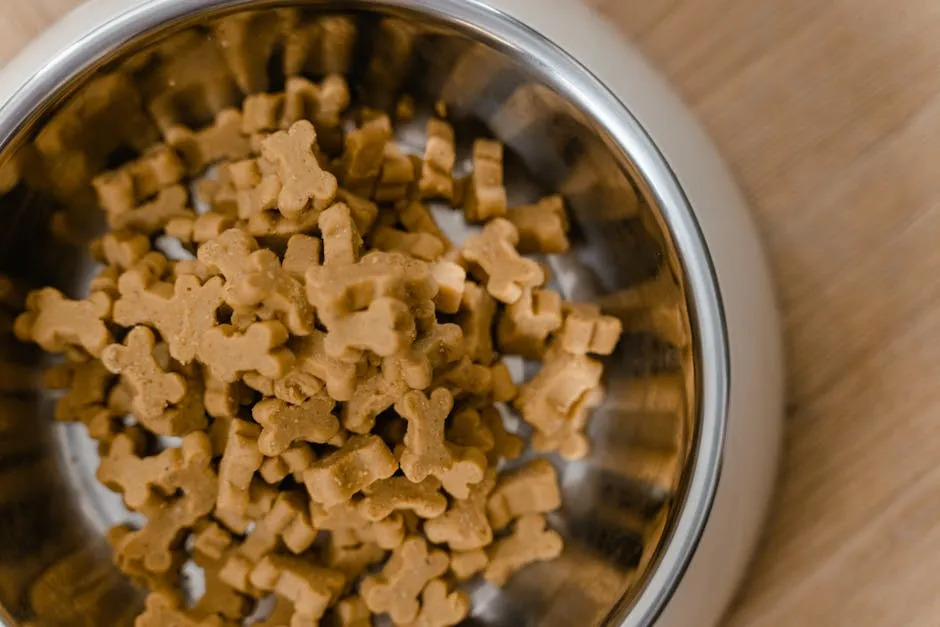
Taste Preference
Believe it or not, dogs might just enjoy the taste and texture of grass. Some pups are true connoisseurs of the great outdoors! Fresh, tender blades can be tantalizing, especially in spring. They might fancy a little crunch in their diet. If your dog seems to have a taste for grass, it could be a simple case of personal preference. Just like we indulge in snacks, dogs might find grass a delightful treat!
To keep your dog entertained and satisfied, consider investing in some interactive dog toys. They can provide the perfect distraction and keep your pup engaged without turning to your lawn for entertainment!
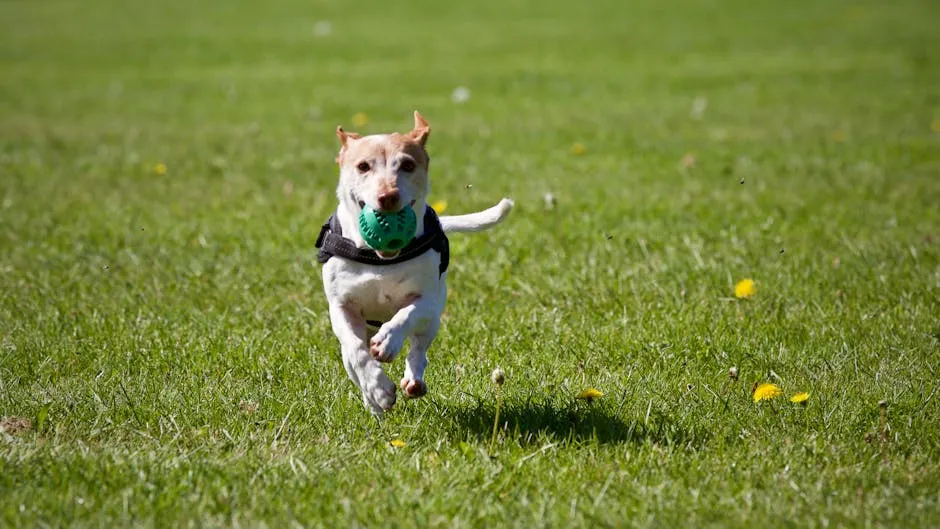
Self-Medication
Many people think dogs eat grass to induce vomiting or soothe an upset stomach. The theory goes that a little nibble can help them feel better. However, studies show that only a small percentage actually vomit after grazing. In fact, less than 10% of dogs show signs of illness before munching down. So, while some dogs might eat grass for relief, most are just enjoying their salad bar experience without any tummy troubles!

Boredom
If your dog spends long hours alone, they might resort to eating grass out of boredom. Dogs are social creatures and thrive on interaction and stimulation. When left to their own devices, they may seek entertainment in the form of grass. Chewing on grass can be a way to pass the time. To combat this, consider providing toys, puzzles, or even engaging in more playtime with your furry friend. Keep them entertained to reduce the urge to snack on your lawn!
Speaking of boredom, if you’re looking for a way to keep your dog engaged while you’re away, a dog puzzle toy can be a fantastic option. These toys challenge your pup’s mind and keep them busy, reducing the likelihood of unwanted grass munching!
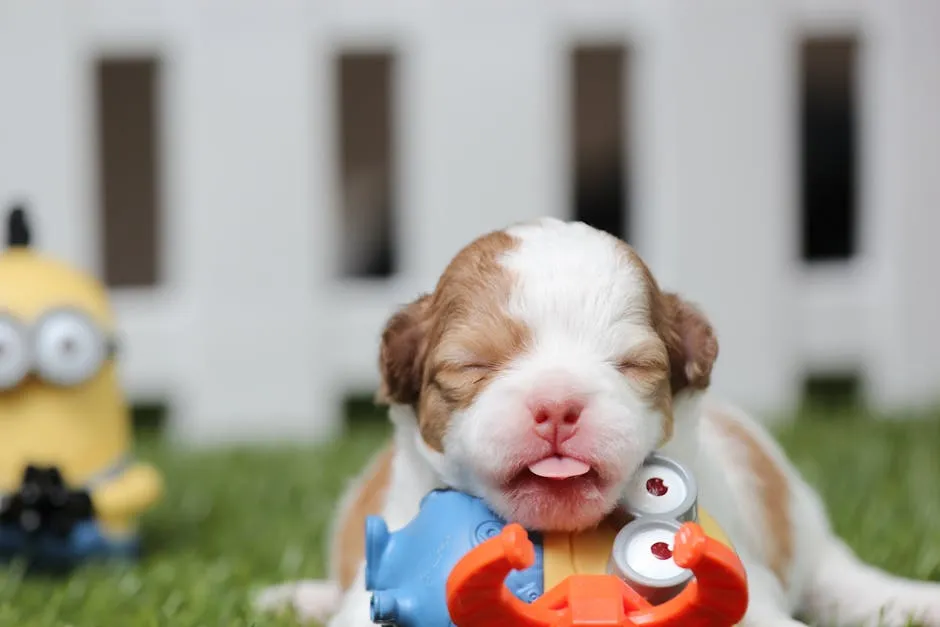
Instinctual Behavior
Dogs have ancestors that consumed a varied diet, including plants. This instinct remains in modern dogs, even if they no longer hunt. Eating grass can be a natural behavior passed down through generations. It’s a way of connecting to their wild side. So, if your dog is munching on grass, they might just be tapping into their roots. Embrace their primal instincts while ensuring they’re safe and healthy!
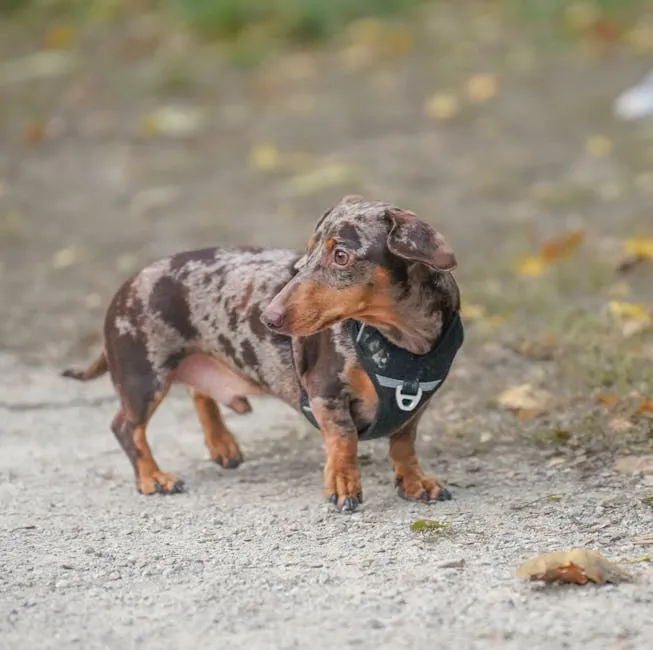
Attention Seeking
Some dogs quickly learn that eating grass gets them a reaction from their owners. If you rush over, worried about their behavior, they may think, “Hey, this is fun!” This can reinforce the action. If you suspect your dog is eating grass for attention, try to redirect their behavior. Reward them for more appropriate actions. This way, they’ll learn what truly earns your praise and attention!
While occasional grass eating is generally harmless, always be cautious. Watch out for potential risks, such as pesticides or gastrointestinal blockages. If your dog exhibits excessive grass eating or other concerning symptoms, consulting a veterinarian is a wise course of action. Keeping your furry friend safe and healthy is the top priority!
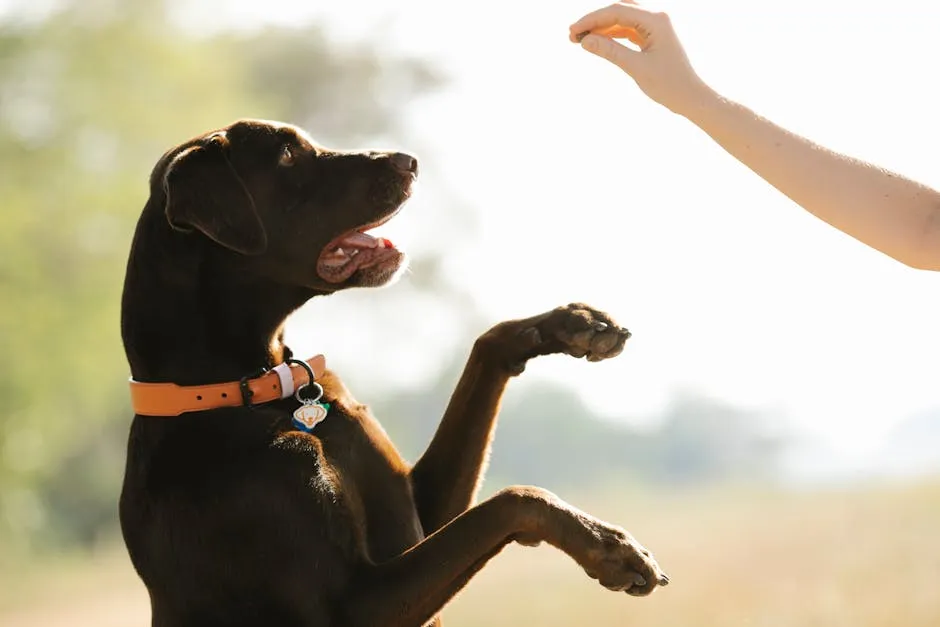
Theories Behind Grass Eating
Health and Digestive Reasons
1. Alleviating Digestive Discomfort
A common theory suggests that grass may help soothe an upset stomach. Some dogs instinctively munch on grass when they feel nauseous. Research indicates that around 25% of dogs vomit after eating grass. However, less than 10% show signs of illness beforehand. It’s essential to observe your dog’s behavior. If they seem to graze more often and then vomit, it may be time to consult a vet.
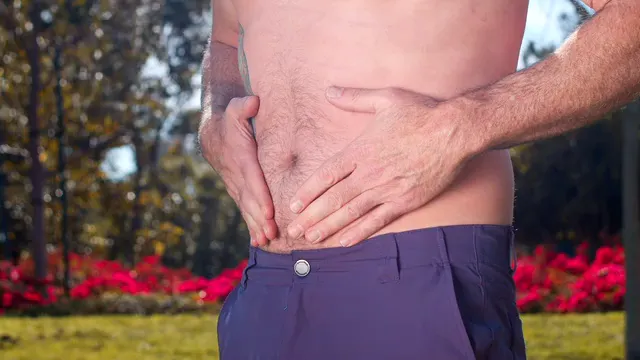
2. Dietary Fiber and Nutritional Needs
Fiber plays a vital role in your dog’s diet. It aids digestion and helps maintain a healthy weight. If a dog’s food lacks fiber, they might turn to grass for relief. An example comes from a miniature poodle that ate grass and vomited daily for seven years. After switching to a high-fiber diet, the behavior stopped entirely! Ensuring your dog gets adequate fiber can help curb that grass-eating habit.

Psychological Factors
1. Boredom and Separation Anxiety
Mental stimulation is crucial for dogs. Without enough engagement, they might resort to eating grass out of boredom. Dogs left alone for long periods may chew on grass to pass the time. To keep them entertained, provide toys, puzzles, or more playtime. A little extra activity can go a long way in preventing grass munching!
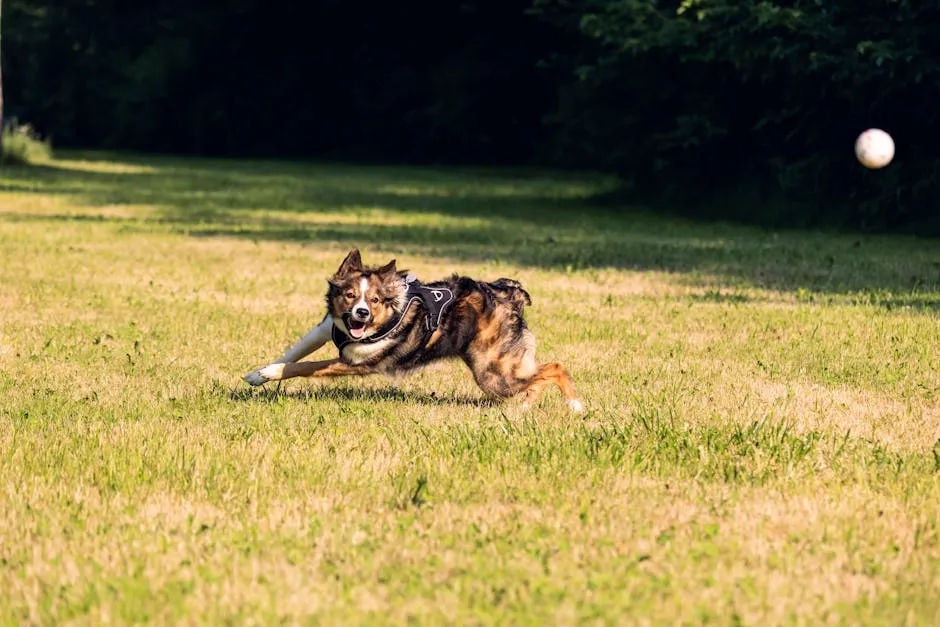
2. Attention-Seeking Behavior
Dogs are quick learners. If they notice that eating grass gets a reaction from you, they may do it more often. This attention-seeking behavior reinforces the habit. If your dog eats grass to grab your attention, redirect their focus to more appropriate activities. Reward them for good behavior instead. This way, they’ll learn that there are better ways to earn your love and attention!
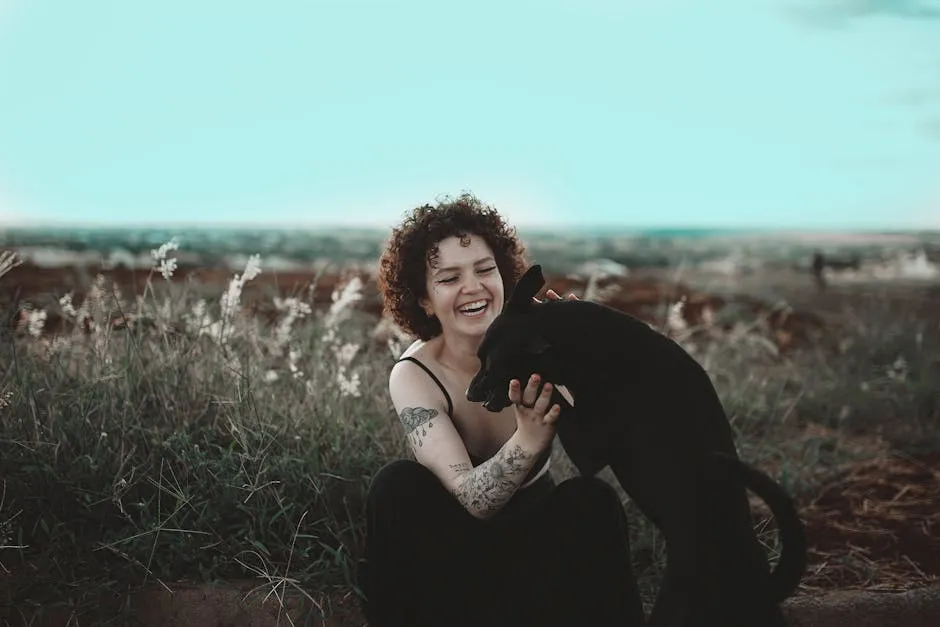
Enjoyment and Exploration
1. Taste and Texture
Dogs are curious creatures, often sampling the world around them. Their love for grass might stem from its delightful taste and texture. Fresh blades, particularly in spring, can be quite appetizing. Imagine a salad bar, with your dog as the picky eater who knows what they like! Some dogs munch on grass simply because it’s a tasty treat. If your furry friend finds joy in the crunch of grass, who are we to judge? After all, we all have our guilty pleasures!
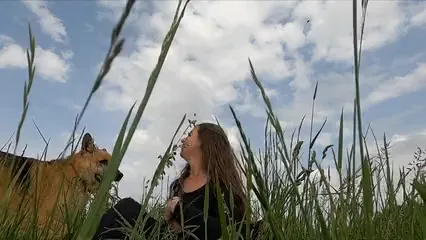
2. Exploration
Younger dogs are natural explorers. They investigate their environment using their keen sense of taste. For them, grass is just another intriguing item on their menu. Each nibble offers a new sensation, a delightful texture to chew. It’s like a culinary adventure in their own backyard! This behavior can be more pronounced in puppies, who often use their mouths to learn about the world. So, when you catch your pup indulging in a bit of grass, remember—it’s just their way of exploring the great outdoors!

Should You Stop Your Dog from Eating Grass?
Assessing the Risks
While occasional grass munching is generally harmless, there are some risks to consider. One major concern is the potential for pesticide ingestion. Many lawns are treated with chemicals that can be toxic to dogs. If your pup snacks on grass treated with such substances, it could lead to serious health issues. Additionally, eating large quantities of grass can cause gastrointestinal blockages. This is especially true for smaller dogs who might take in more than they can handle. Always keep an eye on what your dog is snacking on, particularly in unfamiliar areas. Knowing when to intervene can keep your furry friend safe and sound.
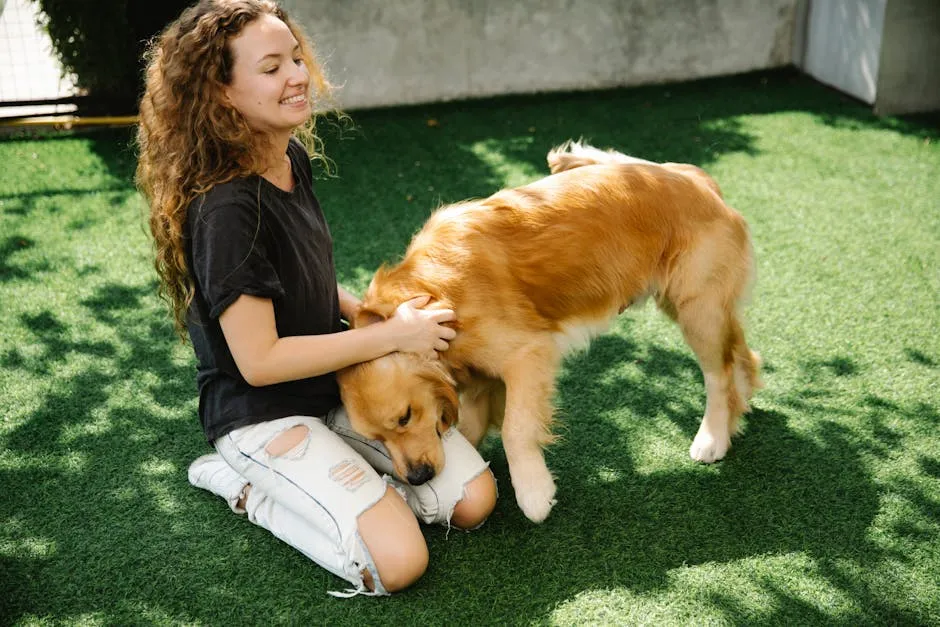
To ensure your dog is prepared for any situation, consider investing in a dog first aid kit. It’s essential for emergencies and can keep your furry friend safe during outdoor adventures!
Strategies to Discourage Grass Eating
To manage or redirect your dog’s grass-eating tendencies, consider these practical tips. First, ensure your dog has a balanced diet. A well-nourished dog is less likely to seek out grass for nutritional needs. If your pup is bored, provide alternative stimulation! Interactive toys, daily walks, and engaging playtime can work wonders. Engaging their minds and bodies can reduce the urge to nibble on grass.
Another strategy is to train your dog to respond to commands like “leave it.” This can help redirect their attention when they’re tempted to graze. Positive reinforcement works best—reward them with treats or praise when they comply. Lastly, if your dog enjoys the taste of grass, consider growing your own safe, pesticide-free grass at home. This way, your canine companion can enjoy their green snacks without the risks associated with unknown lawns.
For those hot days, consider getting a dog cooling mat to keep your pup comfortable. A cool dog is a happy dog, which can reduce their urge to roam and munch on grass!
Conclusion
In conclusion, while the sight of dogs munching on grass may raise eyebrows, it is often a harmless behavior rooted in instinct, dietary needs, or even simple enjoyment. Dogs are curious creatures, and their occasional grazing can be part of their natural exploration of the world. Many dogs may eat grass for various reasons, such as supplementing their diet with fiber or simply enjoying the taste. It’s fascinating to think our furry friends might be channeling their inner herbivore!
However, as a responsible pet owner, it’s crucial to keep an eye on this behavior. If your dog’s grass-eating habits become excessive or are accompanied by other concerning symptoms, don’t hesitate to seek veterinary advice. Some dogs may consume grass due to underlying health issues, so it’s always better to be safe than sorry.
Remember, your dog’s health and happiness are paramount! A little grass here and there is usually nothing to worry about, but a sudden change in behavior might indicate a need for a dietary review or a trip to the vet. Embrace the quirks of your canine companion, but stay attentive to ensure they remain healthy and vibrant!
FAQs
Is it safe for dogs to eat grass?
Generally, yes, but be cautious of pesticides and other chemicals.
Why does my dog eat grass and then vomit?
Vomiting can occur, but it is not the primary reason dogs eat grass; it may be coincidental.
How can I stop my dog from eating grass?
Ensure they have a balanced diet, provide mental stimulation, and redirect their behavior with training.
Please let us know what you think about our content by leaving a comment down below!
Thank you for reading till here 🙂
All images from Pexels

